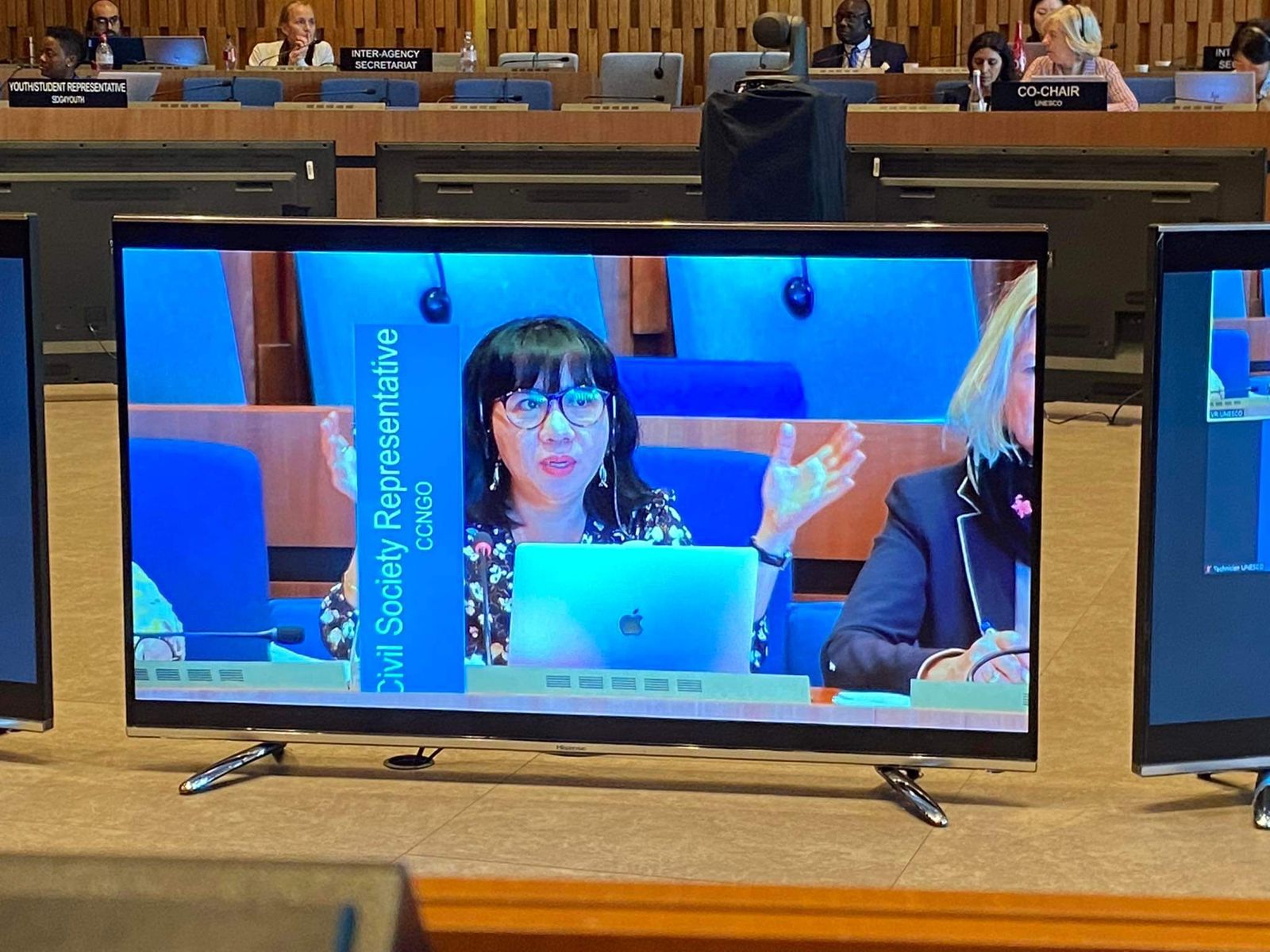
Advancing the SDG-SDG 4 Agenda in National, Regional, and Global Policy Spaces
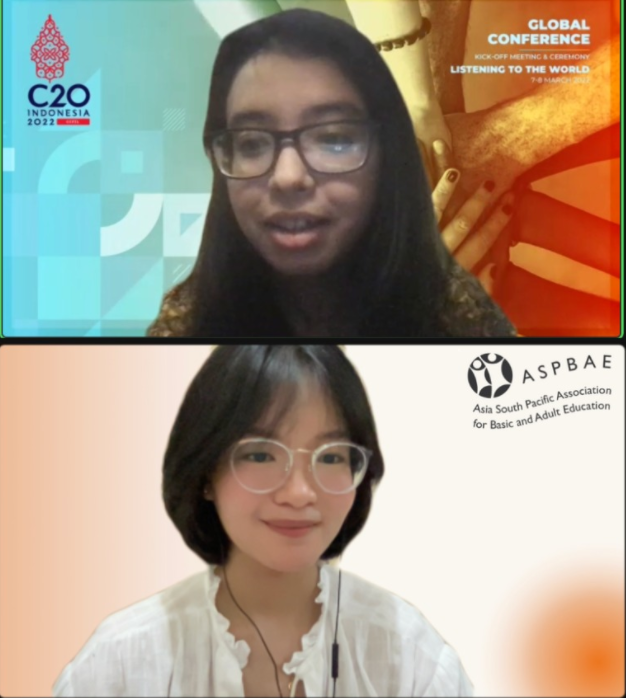
ASPBAE works towards protecting and advancing the full SDG 4 – Education 2030 Agenda, and works with national education campaign coalitions and other ASPBAE members and partners to influence country-level processes monitoring SDG 4 progress, largely through the mechanism of Voluntary National Reviews (VNRs) of governments. Working especially with national education coalitions, ASPBAE coordinates efforts in developing national Civil Society Spotlight Reports. Spotlight Reports are civil society assessments of progress on SDG 4, which helps guide advocacy work in countries. They seek to offer evidence to back up CSO advocacies in the SDG follow up processes especially the VNRs.
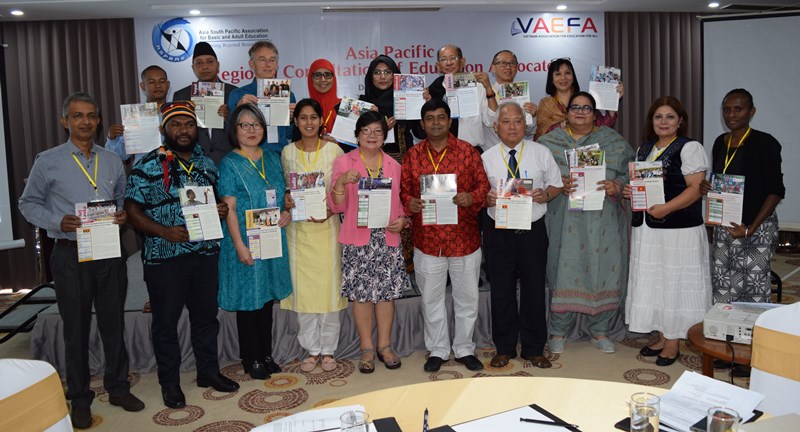
The push for a lifelong learning framework in SDG 4 requires enhanced engagement outside the education sector – for example, with government bodies and stakeholders in women’s empowerment, health, the environment, work, livelihoods, and social entrepreneurship. The advocacy work of ASPBAE and its members thus inculcates cross-sectoral collaboration and expansion of linkages with institutions and organisations promoting the other SDGs.
Complementary with national level advocacy action, ASPBAE engages in global and regional policy platforms on SDG 4 and the wider SDGs.
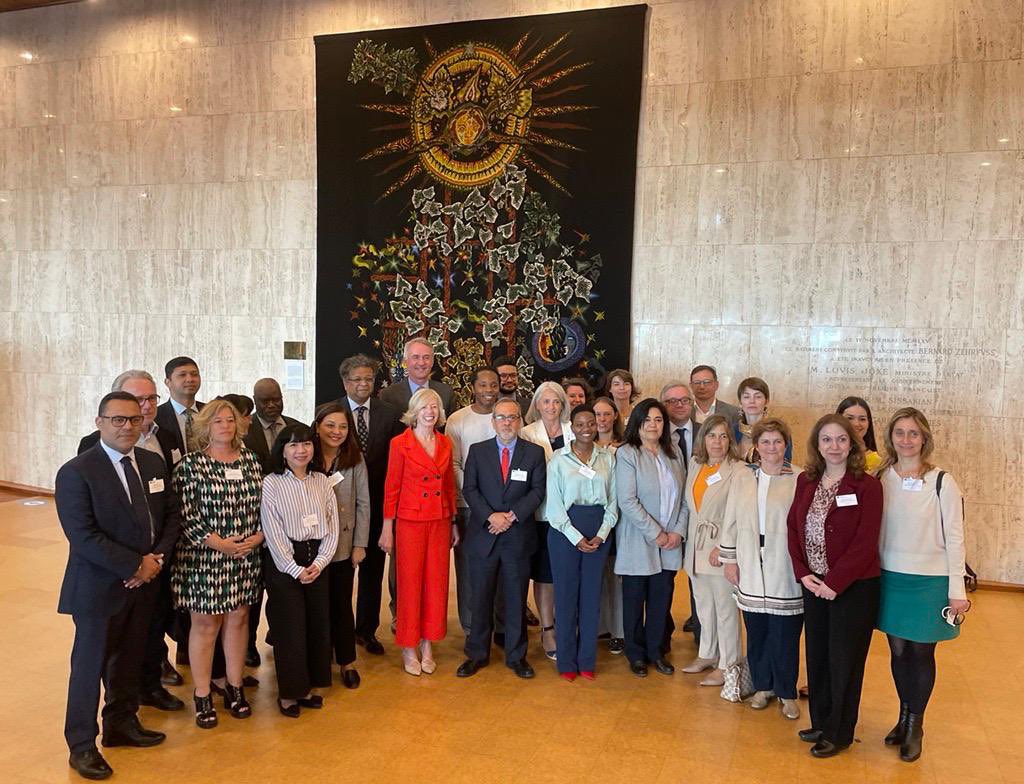
The main arena for follow up efforts on the SDGs is the High-level Political Forum (HLPF) convened annually in the UN offices in New York. It is preceded by sub-regional and regional preparatory consultations. In the Asia Pacific, the regional preparatory event is the Asia Pacific Forum on Sustainable Development (APFSD).
ASPBAE is an active member of the main CSO mechanism that coordinates the participation of civil society organisations (CSOs) in the APFSD and other official SDG follow-up processes in the region. This is the Asia Pacific Regional CSO Engagement Mechanism (APRCEM) which is supported by the United Nations Economic and Social Commission for Asia and the Pacific (UNESCAP). ASPBAE became a formal member of the APRCEM in 2016 and steers the working group on education within this body.
The annual APFSD is preceded by a UNESCAP and APRCEM-organised civil society forum called the Asia Pacific Civil Society Forum on Sustainable Development as a space for CSOs to prepare and strategise their participation in the APFSD processes. At this Forum, ASPBAE draws greater attention to education and its strong relationship and inter-connection with the other SDGs.
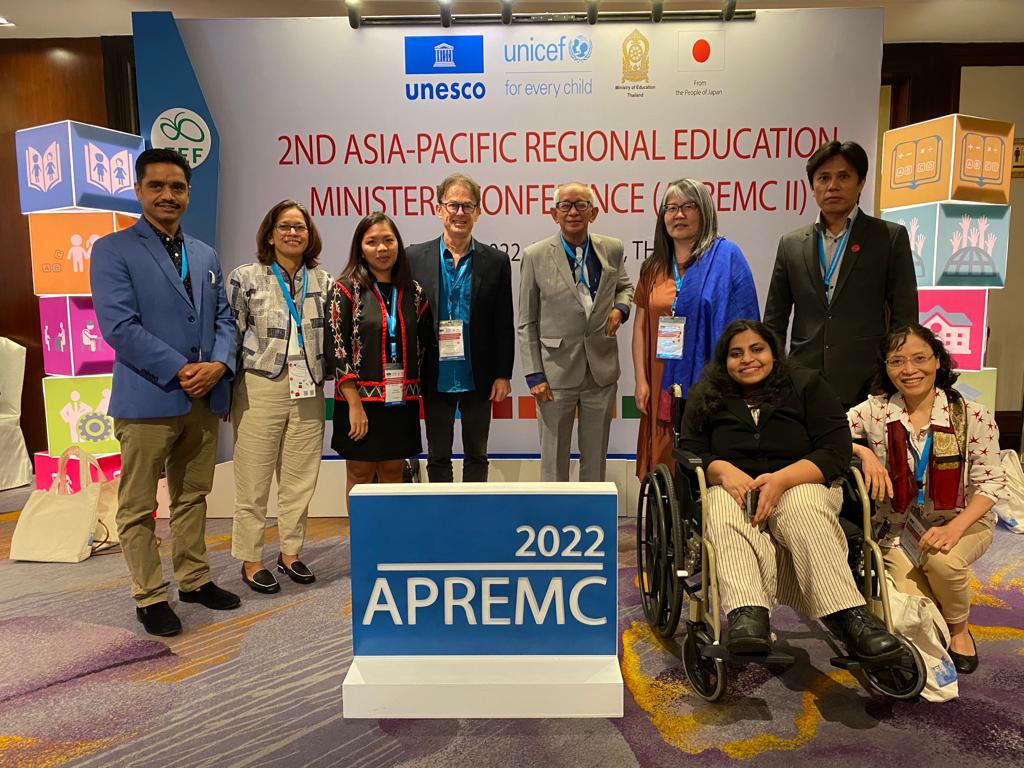
At the global level, the main mechanism for mobilising CSO involvement in the formal SDG follow up processes is the Major Groups and other Stakeholders (MGoS) where it has a dedicated mechanism for education stakeholders – the Education and Academia Stakeholder Group (EASG). ASPBAE is an active participant in the EASG jointly convened by the Global Campaign for Education (GCE), the International Council for Adult Education (ICAE), Education International (EI) and the European Students Union (ESU).
At the regional level, a Learning and Education2030+ Networking Group (LE2030+) co-led by UNESCO and UNICEF serves as the regional coordination mechanism for the SDG4 follow up. An annual Asia-Pacific Meeting on Education2030 (APMED2030) organized by the LE2030+ serves as the regional consultation platform for the exchange of knowledge, best practices and support to countries in all aspects of the implementation and monitoring of SDG4-Education 2030. Under the umbrella of APMED2030, the SDG4 National Coordinators’ Network was formed as the main body for policy-level discussions and endorsement of regional level recommendations coming out of APMED2030.
ASPBAE is one of the CSO representatives in the LE2030+ and the SDG4 National Coordinators’ Network. Further, as the Asia Pacific focal point of the UNESCO Collective Consultation of NGOs on Education 2030 (CC NGO Ed/2030), ASPBAE plays a facilitating role in mobilising civil society participation in APMED2030 to meaningfully occupy the civil society slots.
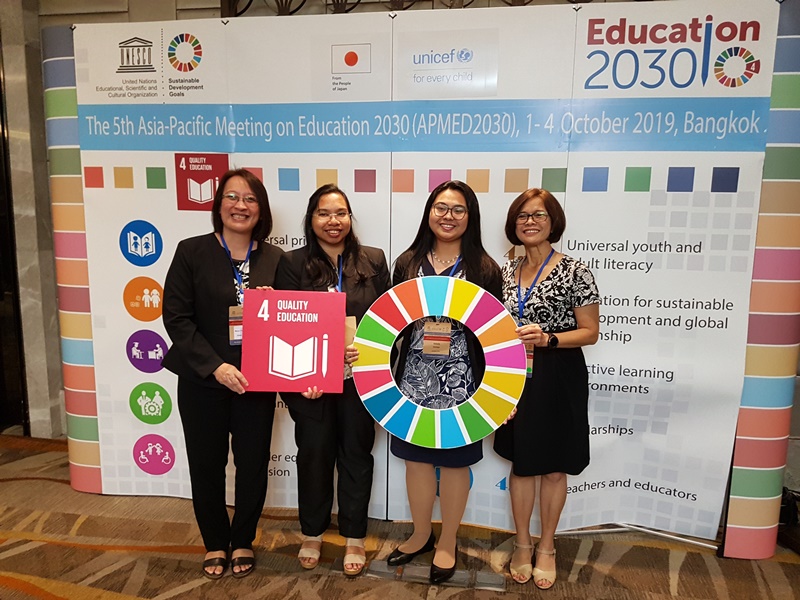
The UNESCO Collective Consultation of NGOs on Education 2030 (CC NGO Ed/2030) is the mechanism for institutionalised CSO participation in the SDG4-Education 2030 follow up processes. At the global level, the SDG4-Education 2030 follow up efforts are steered through a Global Cooperation Mechanism, hosted by UNESCO. ASPBAE represents the CCNGO Ed/2030 in this body as a member of the Sherpa Group of the SDG 4 Education 2030 High-Level Steering Committee (HLSC).
ASPBAE is also part of the UIL-led Global Alliance for Literacy which aims to ensure that adult literacy remains a strong part of the SDG 4 agenda in its implementation. It likewise serves in the Global Advisory Committee (GAC) of the UN Girls Education Initiative (UNGEI), a body which tracks the overall SDG4 follow up processes for attention to gender equality and supports government efforts in developing gender-responsive education systems.